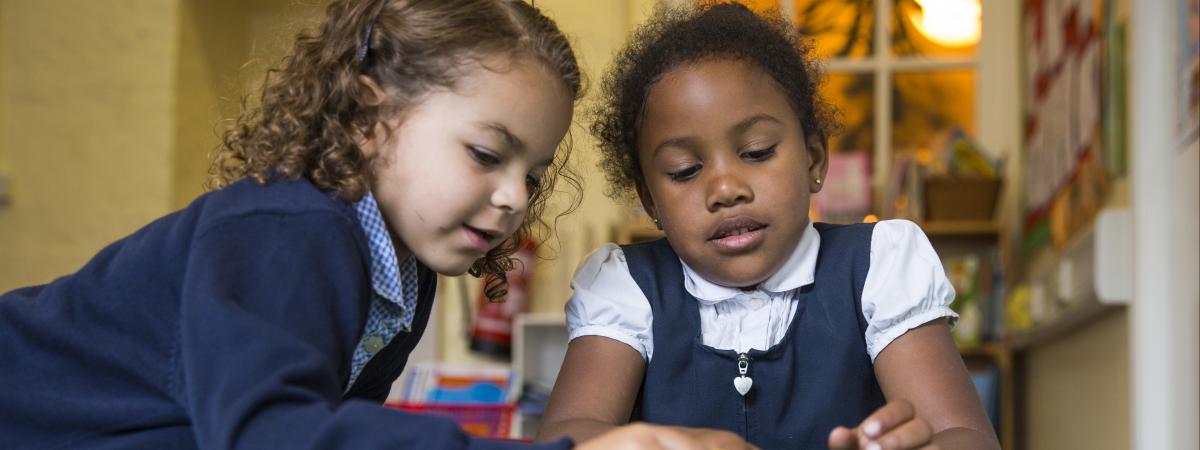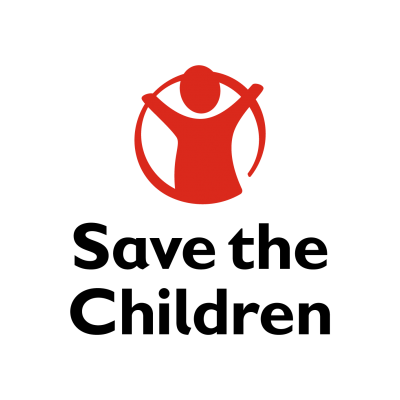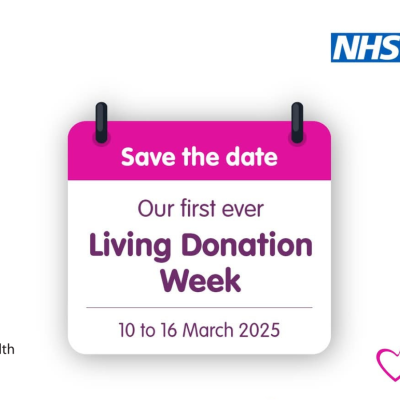
Too many children in Northern Ireland are struggling when they start school
Save the Children commissioned research that, for the first time in Northern Ireland, reveals statistics that shows children are being left behind at 5 and highlights the impact on their cognitive and language skills at ages 7, 11 and 14.
With over 100,000 children in NI living in poverty, just under a quarter of all children, it is a matter of concern that the report found over one third (34%) of five-year-old children growing up in poverty are in the lowest performing group compared to one fifth (22%) of their peers.
The figures also show that children who begin their school life behind their classmate’s struggle to catch up.
The research for Save the Children showed that around half of children in poverty who were in the lowest performing group for language ability at age 5 remain in the bottom at age 7, 11 and 14.
However, it is important to note that around half of low income children in the lowest performing group, moved out of it. This demonstrates that a child’s future is not pre-determined and that the right interventions can improve the early learning outcomes and other life chances of children growing up in poverty.
Peter Bryson, Head of Save the Children in Northern Ireland, said: "Too many children in Northern Ireland are falling behind even before they start school. We have a commitment in the Programme for Government to give every child the best start in life, this is welcome but this research suggests that action is needed now, child poverty is on the rise therefore the longer we wait the bigger the gap will become and the harder it will be to solve.”
“Previous research has shown that by the age of three, poorer children are estimated to be, on average, nine months behind children from wealthier backgrounds. Since we know that 38% of low income children live in families where the youngest child is under 5, it is crucial that interventions focusing on breaking the link between poverty and educational achievement take place long before children start school, when the need is greatest and they can make the most difference.”
“The impact of poverty on children’s early learning means they are more likely to struggle with vital areas of their development, such as language and communication skills. Being behind in the early years means it’s more likely they will be behind throughout their school years and beyond. But the right interventions can have a positive impact.”
He continued, “Young children need support from as early an age as possible, particularly children who are experiencing poverty. We call on government to prioritise investment in high-quality early education and childcare to improve outcomes for disadvantaged children and tackle the predicted increase in child poverty.”
This means three things: invest in the early years workforce, implement a parental engagement action plan offering choice to parents and focus investment on areas that need it most.
You can download a copy of the report here.

Save the Children
Popper House
15 Richmond Park
Belfast
BT10 0HB
United Kingdom


